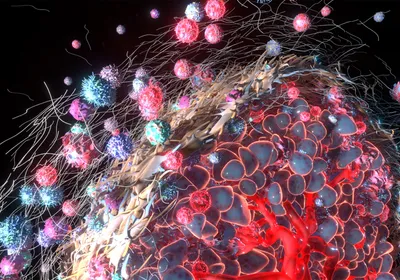Legendary pediatric oncologist Audrey Evans died on September 29 at her home. She made groundbreaking discoveries in chemotherapy but also saw the bigger picture of disease, taking steps to ease the burden on families pursuing treatment and earning a reputation for making her young cancer patients more comfortable through unconventional means. In 1974, she cofounded the Ronald McDonald House Charities, providing lodging and other resources for families during treatment.
Audrey Evans was born in York, England, on March 6, 1925. Her father worked in paper manufacturing and her mother was a homemaker. Though there weren’t many women in medicine while she was growing up, her parents supported Evans’ desire to become a doctor. She earned her medical degree from the Royal College of Surgeons in 1953 before heading to Boston Children’s Hospital to work under Sidney Farber, the famed pediatric oncologist who made great strides in leukemia treatments, The New ...























